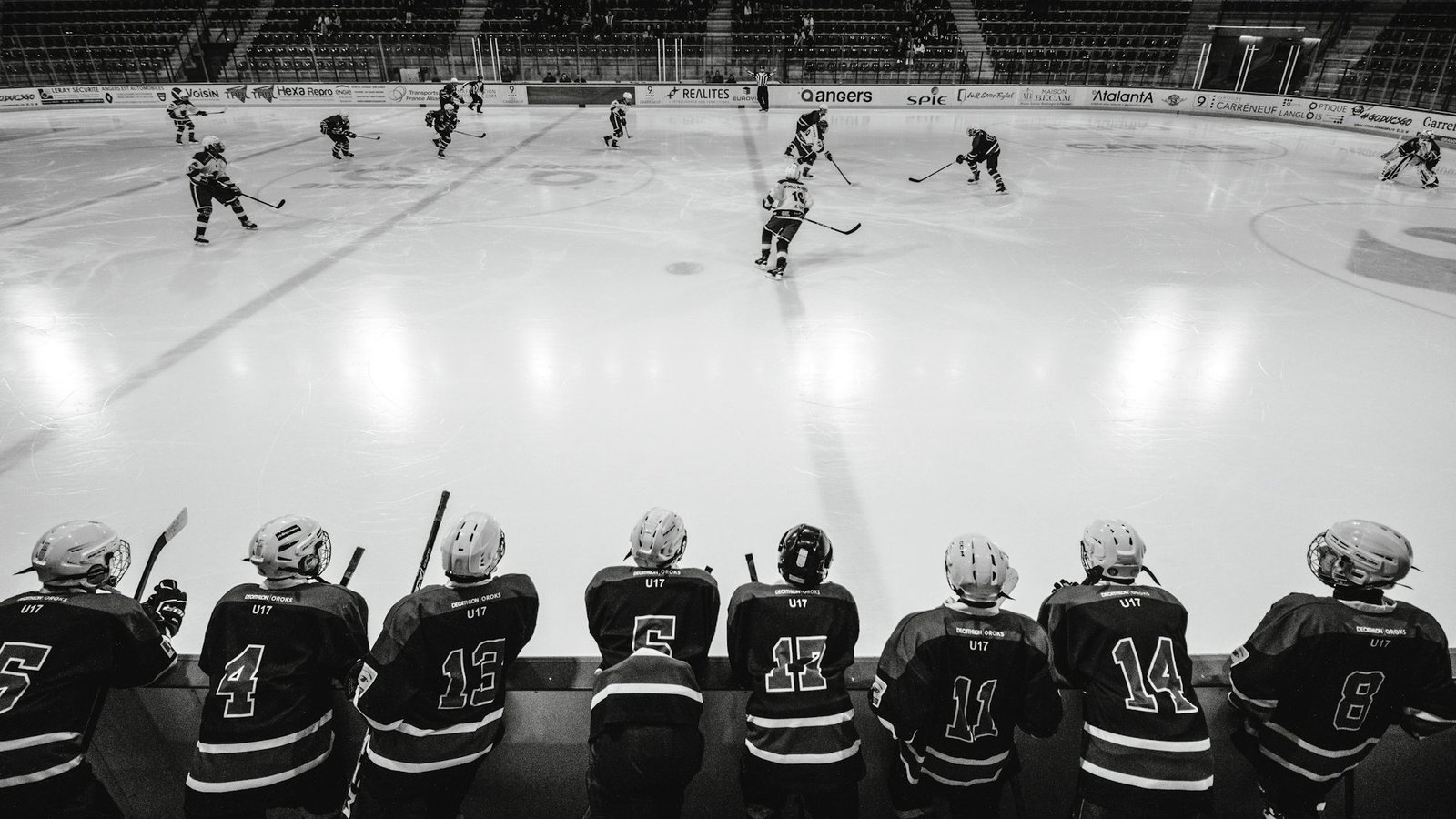playrix.shop
This article explores the Fitness Training Tournament essential skills and techniques required Workout Athlete Game to excel in hockey, discussing Match their Championship importance Competition in gameplay and strategies for players at all levels. Exercise
Fundamental Skills in Hockey
At the core of hockey are several fundamental skills that players must acquire to compete effectively. These include skating, stickhandling, passing, shooting, and goaltending. Each skill plays a crucial role in both offensive and defensive strategies and requires dedicated practice to master.
Skating
Skating is the foundation of ice hockey, providing players with the mobility and speed necessary to maneuver on the ice. Strong skating skills enable players to accelerate quickly, change direction, and maintain balance during intense gameplay. To improve skating ability, players should focus on various techniques such as stride length, weight transfer, and edge control. Regular practice drills, including skating sprints and agility exercises, can significantly enhance a player's overall skating proficiency.
For field hockey, the fundamental skill is running, which involves agility, speed, and endurance. Players must learn to control their speed and direction while handling the ball. Incorporating sprinting drills and footwork exercises can help athletes enhance their running efficiency on the field.
Stickhandling
Stickhandling is the art of controlling Competition the puck or Athlete ball with the stick while navigating through opponents. This skill requires excellent hand-eye coordination and a good sense of spatial awareness. Players can improve their stickhandling through various drills, such as practicing with obstacles or engaging in one-on-one scenarios. Using different types of pucks or balls can also help players adapt to various game situations and enhance their control.
Passing
Effective passing is crucial for maintaining possession and creating scoring opportunities. In ice hockey, players must develop both forehand and backhand passing techniques, ensuring accuracy and speed. Practicing passing with a partner, using target drills, and incorporating game-like scenarios can help improve this skill.
In field hockey, players should focus on executing different types of passes, such as aerial passes and flat passes. Understanding the timing and placement of passes is vital for successful teamwork and executing strategic plays. Regular Match Training practice with teammates can enhance communication and passing accuracy during games.
Shooting
Shooting is one of the most exciting aspects of hockey, as it directly impacts scoring potential. Players must master various shooting techniques, including wrist shots, slap shots, and snap shots. Each technique has its own mechanics and advantages, so players should Championship practice each type consistently. For ice hockey, players should work on shooting accuracy and speed, while field hockey players must focus on striking the ball cleanly and with precision.
To enhance shooting skills, players can engage in targeted shooting drills, such as aiming at specific areas of the net or practicing under pressure from defenders. Regularly Fitness assessing shooting techniques through video analysis can also provide valuable feedback for improvement.
Goaltending Techniques
For Game those in the position of goaltender, mastering specific techniques is essential. Goalies must develop skills such as positioning, lateral movement, and save techniques to effectively stop shots. Goalies should work on their reflexes and anticipation, as quick reactions can mean the difference between a save and a goal.
Practicing save techniques, such as the butterfly, glove, and blocker saves, is crucial for goaltenders. Engaging in drills that simulate game situations can help goalies improve their decision-making skills and overall performance under pressure.
Defensive Tactics
Hockey is not just about offense; defensive skills are equally important. Players must learn to position themselves effectively, anticipate opponent movements, and execute body checks when necessary. Defensively, players should work on maintaining proper spacing, supporting teammates, and effectively using their stick to disrupt passes.
In ice hockey, understanding defensive zone coverage is vital. Players should practice communication with teammates to Workout ensure proper positioning and support. Similarly, field hockey players must master defensive maneuvers such as tackling and intercepting passes to prevent opponents from advancing.
Tactical Strategies
Understanding tactical strategies is essential for players at all levels. Knowledge of offensive and defensive formations, power plays, and penalty kills can greatly enhance a team's effectiveness on the ice or field. Players should learn to read the game, recognize patterns, and adjust their play accordingly.
Drills that focus on situational awareness can help players improve their tactical understanding. Scrimmages that simulate game scenarios provide valuable experience in applying these strategies effectively. Coaches play a crucial role in teaching tactics and helping players develop a strategic mindset.
The Importance of Teamwork
While individual skills are vital, teamwork is what ultimately leads to success in hockey. Players must learn to work together, communicate effectively, and trust one another on the ice or field. Building chemistry with teammates takes time and practice, but it is essential for executing plays and maintaining a cohesive unit.
Practicing team drills, engaging in scrimmages, and participating in team-building activities can foster a sense of unity among players. Teams that prioritize communication and collaboration often outperform those that rely solely on individual talent.
Conclusion
The skills and techniques required to excel in hockey are diverse and complex. From skating and stickhandling to passing and shooting, each aspect contributes to the overall performance of players and the success of the team. By dedicating time to practice and refining these skills, players can enhance their gameplay and enjoy the thrill of hockey to its fullest. As the sport continues to evolve, the commitment to skill development remains a cornerstone of hockey, ensuring that it remains a beloved pastime for generations to come.